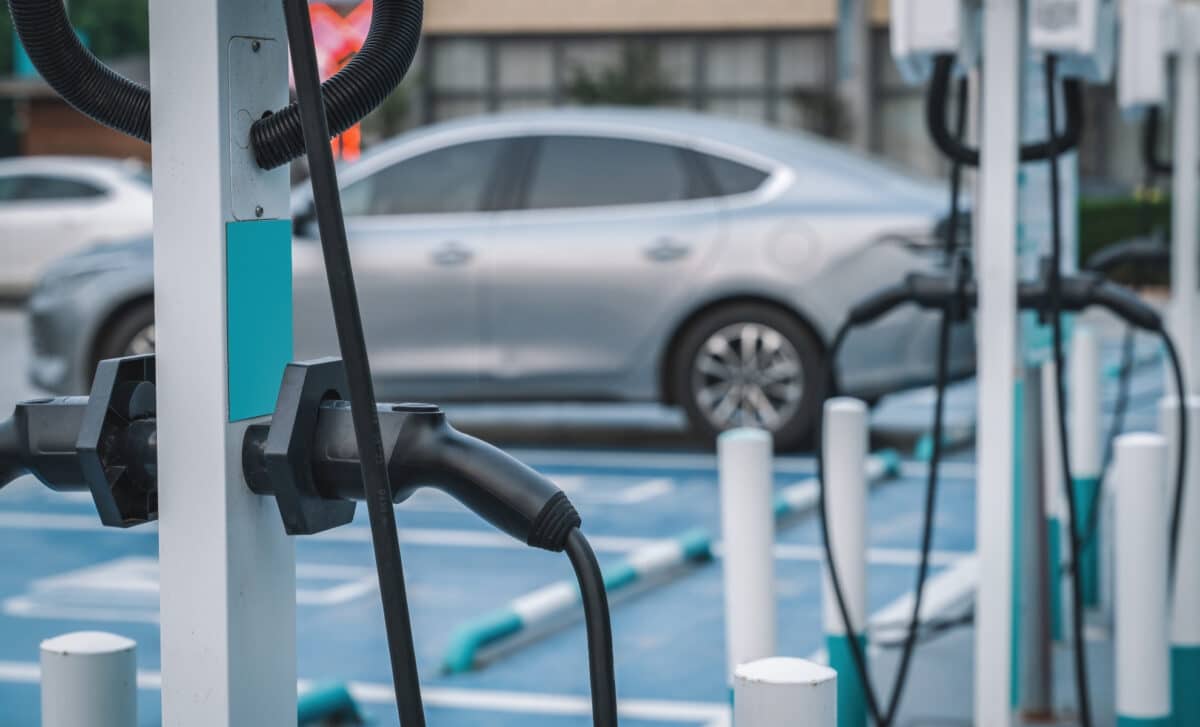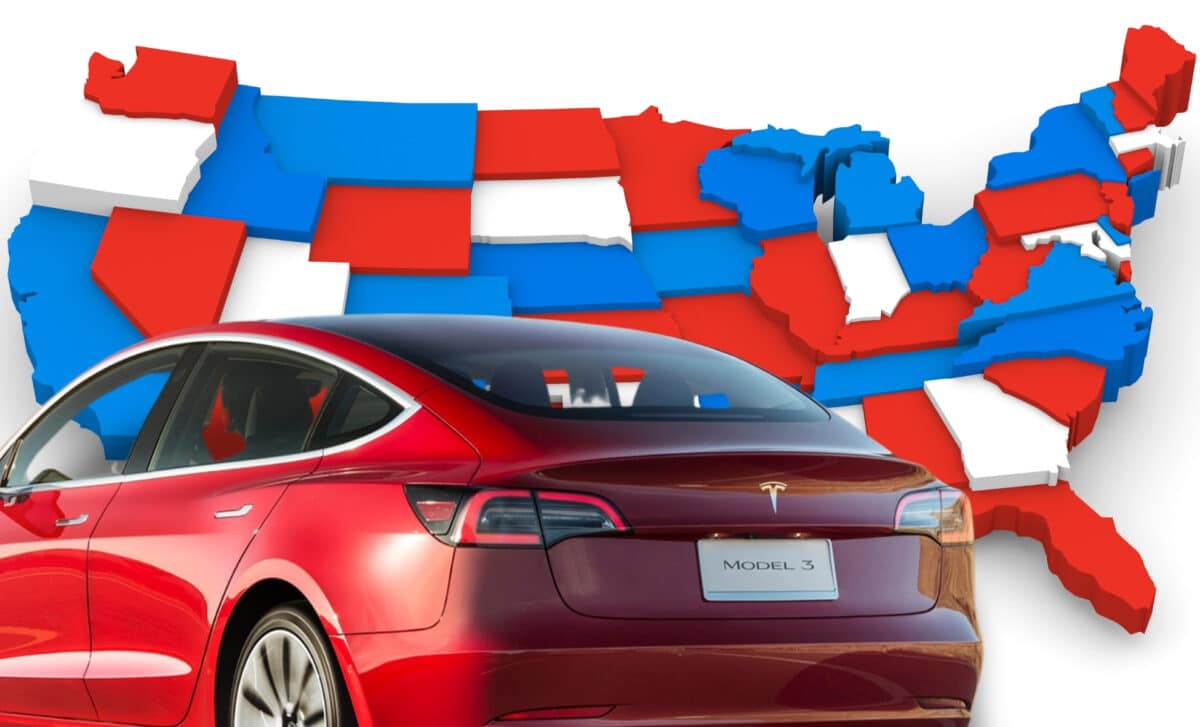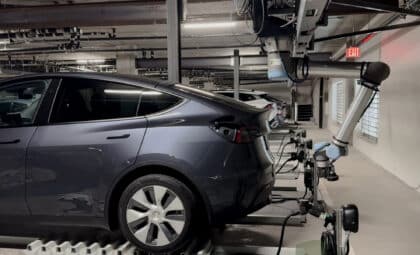In the wake of the discontinued federal tax credits, attention has turned to individual states and their willingness—or refusal—to support EV adoption. According to the Tax Foundation, the U.S. is now divided between states that continue to subsidize electric vehicles and those that have either withdrawn support or imposed new penalties.
This shift has added complexity to the buying process for prospective EV owners, who now need to navigate a mix of local incentives, added registration fees, and charging taxes. While some regions remain committed to encouraging clean transportation, others are treating EVs more like a revenue-replacement opportunity.
Some States Offer Thousands to Support Electric Vehicle Adoption
States such as Colorado, Oregon, and Maine are still offering substantial support to those looking to purchase an electric vehicle. According to Carscoops, Colorado leads the pack with rebates of up to $9,000 for low- and middle-income families who trade in an old gas-powered vehicle for a new EV. Used electric cars aren’t left out either—rebates of $6,000 are available.
Similarly, Oregon and Maine provide tax credits of $7,500, keeping in line with the amount previously provided by the federal government. Connecticut and Vermont follow closely, offering buyers $5,000 in credits, while Oklahoma caps its incentives at $5,500. Other states like Illinois, Kansas, and New Jersey have also introduced $4,000 in EV rebates to ease the transition from combustion to battery.
The variety in support levels reflects not only each state’s fiscal capacity but also their broader environmental priorities. While there is no longer a nationwide standard, buyers in friendly states can still walk away with substantial savings—though it depends entirely on where they live.

Others Add Fees Instead of Offering Help
In stark contrast, some states have not only withdrawn support but are actively charging EV owners extra. Georgia, for example, provides no incentives at all and charges an annual $235 registration fee for electric vehicles. As the same source points out, this is part of an effort to recover lost revenue from fuel taxes.
Indiana has taken a similar approach. The state not only denies any financial aid for EV buyers but also imposes a $230 registration fee for electric vehicles and an additional $77 for hybrids. These policies create a financial disincentive to switch to electric, essentially penalizing drivers for choosing a cleaner alternative.
This isn’t limited to registration fees. According to the Tax Foundation, some states—including Georgia, Iowa, Kentucky, and Oklahoma—also tax the electricity used at public charging stations. Interestingly, this approach has a built-in flaw: those who charge their vehicles at home avoid these taxes entirely, creating a loophole that undermines the logic behind the fee.
California’s Retreat Surprises Observers
One of the most unexpected policy changes came from California, a state long known for its aggressive environmental policies and early adoption of EV support. Yet despite its green reputation, California has now ended all state-level EV credits.
Governor Gavin Newsom defended the decision by stating that such incentives were not financially sustainable at the moment. That said, his office hinted that a new incentive program might be reintroduced in the coming year, though no specific plans have been formalized yet.
The move has surprised many observers given the state’s history as a climate policy leader. California’s exit from the incentive landscape may signal broader shifts in how even progressive states balance environmental goals with fiscal constraints. For now, EV buyers in the Golden State will need to navigate a market with no local aid—just as the federal support disappears.
The end of federal EV tax credits has not shut the door on all incentives—but it has made the road ahead more complicated. Whether buying an EV results in a windfall or a wallet hit now depends on one’s ZIP code.









